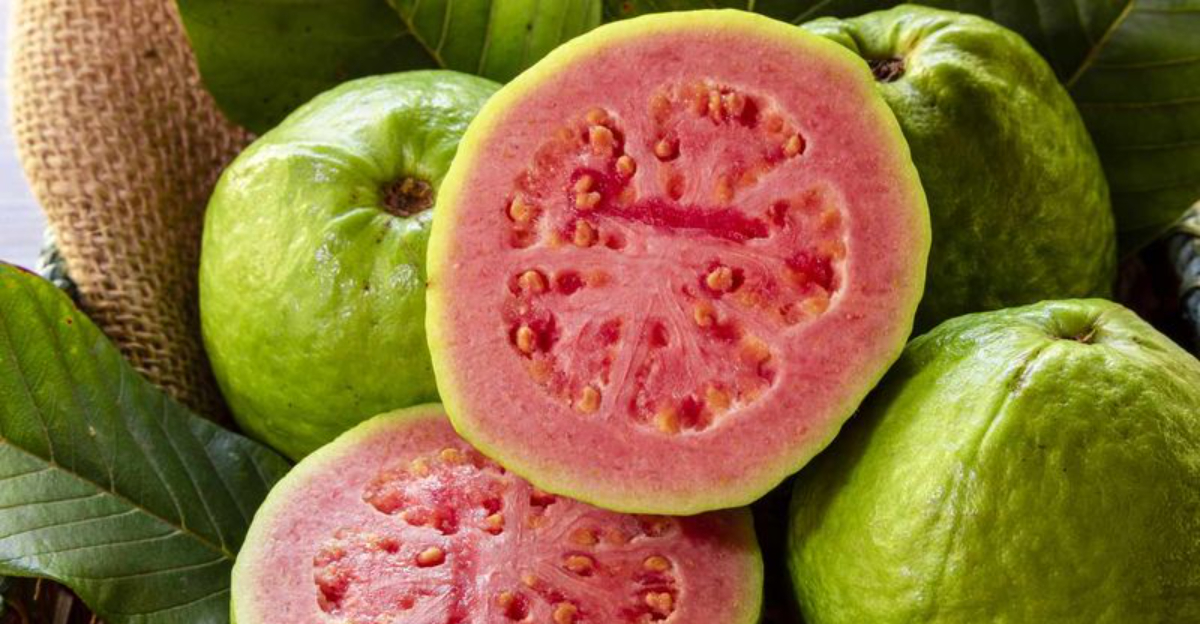These Mighty Fruits Have More Potassium Than Bananas

When it comes to potassium-rich foods, bananas usually steal the spotlight. But did you know many other fruits actually contain more of this essential mineral than our curved yellow friend?
Potassium helps regulate fluid balance, muscle contractions, and nerve signals in our bodies, and it’s no wonder that it is so important.
Expanding your fruit horizons not only adds variety to your diet but also boosts your potassium intake in delicious ways.
1. Dried Apricots

These wrinkly orange gems pack a serious potassium punch with over 1,160 mg per cup – more than triple what a banana offers!
I started keeping dried apricots in my gym bag after learning about their impressive mineral content. They’re perfect for quick energy boosts during workouts.
Just remember they’re calorie-dense, so a small handful (about 8 pieces) makes a reasonable serving while still delivering substantial potassium benefits.
2. Prunes (Dried Plums)

Grandma was right about prunes! One cup delivers a whopping 1,397 mg of potassium, making them potassium powerhouses.
Their natural sweetness makes them tastier than many people expect. Beyond potassium, they’re loaded with fiber and antioxidants that support digestive and bone health.
Try them chopped in oatmeal or blended into smoothies if you’re not keen on eating them whole. Prune juice offers similar benefits with about 689 mg per cup.
3. Tropical Guava

This fragrant tropical treat delivers approximately 688 mg of potassium per cup of fresh fruit.
I discovered guavas during a vacation in Hawaii and became instantly obsessed with their complex sweet-tart flavor. The pink flesh speckled with tiny seeds offers a texture unlike any other fruit.
Beyond potassium, guavas provide more vitamin C than oranges and plenty of dietary fiber. Look for them slightly soft with a sweet aroma for peak ripeness.
4. Passion Fruit Juice

This tangy tropical elixir contains about 687 mg of potassium per cup, significantly outperforming banana.
The distinct flavor profile combines sweet, tart, and floral notes that wake up your taste buds instantly. Fresh passion fruit pulp can be scooped directly from the fruit, seeds and all.
The concentrated juice makes an excellent addition to smoothies, cocktails, or simply diluted with water for a refreshing drink that supports healthy blood pressure while tantalizing your palate.
5. Exotic Soursop

Also known as graviola, this spiky green fruit contains approximately 626 mg of potassium per cup of pulp.
The creamy white flesh tastes like a magical blend of strawberry and pineapple with hints of coconut. Many tropical countries use soursop to make refreshing juices and smoothies.
When shopping for soursop, look for fruits that yield slightly to gentle pressure – too firm means they’re unripe, while overly soft indicates they’re past their prime.
6. Massive Jackfruit
The world’s largest tree fruit doesn’t just impress with its size – it delivers about 739 mg of potassium per cup!
I’ll never forget my first encounter with jackfruit at an Asian market. The massive spiky exterior was intimidating, but the sweet yellow pods inside were worth the effort.
Unripe jackfruit has a meaty texture that makes it popular as a plant-based meat substitute, while ripe jackfruit offers a sweet flavor similar to a blend of pineapple, mango, and banana.
7. Sweet Sapodilla
This brown egg-shaped fruit packs about 330 mg of potassium per cup.
The flesh tastes remarkably like brown sugar or caramel when fully ripe. Native to Central America, sapodilla has been prized for centuries both for its delicious taste and as the original source of chicle, once used in chewing gum.
Patience is key with sapodillas – they must be completely soft before eating, otherwise the astringent compounds will make your mouth pucker uncomfortably.
8. Fuzzy Kiwi Fruit
Don’t let their small size fool you – kiwis contain around 562 mg of potassium per cup, outshining bananas in mineral content.
The emerald green flesh studded with tiny black seeds delivers a perfect sweet-tart balance. Kiwis also provide more vitamin C than oranges in a smaller package.
Try eating them with the skin on (just rub off the fuzz first) – the skin is edible and packed with additional fiber and nutrients that most people miss by scooping out only the flesh.
9. Ruby Pomegranate
Those glistening red seeds (technically called arils) contain approximately 666 mg of potassium per whole fruit.
Breaking open a pomegranate always feels like discovering hidden treasure. The first time I tried one, I stained my favorite shirt but considered it a worthy sacrifice for such delicious jewels.
Pomegranate juice offers similar benefits with about 533 mg per cup. The fruit’s high antioxidant content has made it a staple in heart-healthy diets across cultures for thousands of years.
